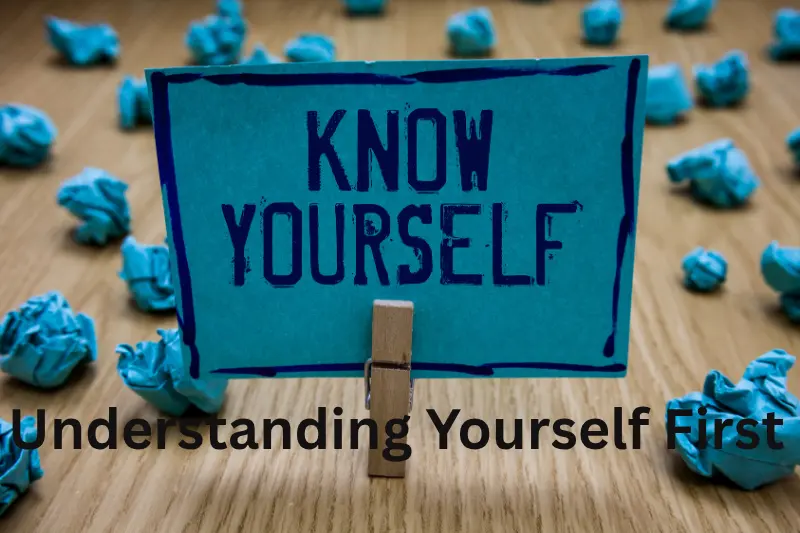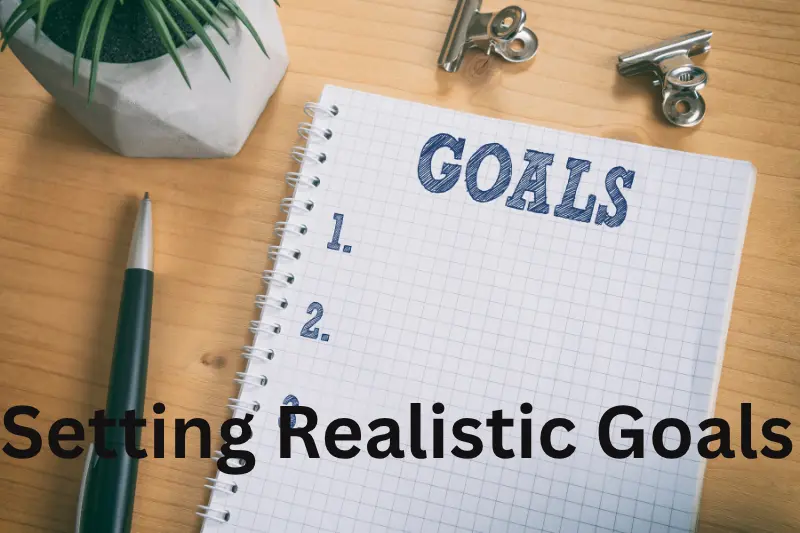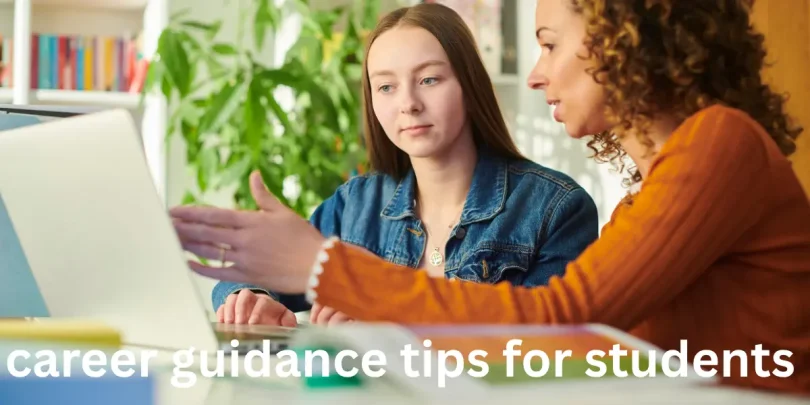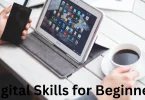Let’s be real—figuring out what you want to do with your life can feel like trying to solve a puzzle with missing pieces. You look around, and everyone seems to have it together—your classmate dreams of becoming a doctor, another wants to be a game developer, and someone else is already running a small business online. Meanwhile, you’re sitting there wondering which path to choose and if you’ll ever feel sure about your decision. That’s why career guidance tips for students are so important. They’re not just about telling you what to do but about helping you understand yourself, your passions, and how to make choices that feel right for your unique journey. It’s not about rushing into a profession or following what everyone else is doing. It’s about taking small, smart steps to discover what truly fits you.
You’re not supposed to have everything figured out yet, and that’s perfectly fine. Most people don’t find their dream career in one go; they explore, make mistakes, and learn along the way. The confusion you feel right now isn’t a sign of failure—it’s part of the process. Think of it as exploration, not pressure. This guide will walk you through how to know yourself better, explore your options, make confident choices, and prepare for the future without stress.
Understanding Yourself First

Before you even think about which career to choose, you have to start by understanding yourself. This is the foundation of every good career decision. Most students skip this step and end up feeling stuck later. You might hear people say, “Do what you love,” but how do you know what that even means if you haven’t taken time to understand what truly excites or motivates you?
Start by reflecting on what you enjoy doing. What are the activities that make you lose track of time? Maybe it’s writing stories, organizing events, helping others, or solving math problems. These are hints about what kind of work will make you feel fulfilled. Think about what people often compliment you on or what they come to you for help with—that usually points to your strengths. Next, consider your values. Do you crave stability, creativity, freedom, or a chance to make a difference in the world? If you value helping others but choose a job that’s purely profit-driven, you’ll eventually feel drained. Your values matter more than you think because they guide what truly satisfies you long-term.
It can also help to know your personality type. Personality tests like the Myers-Briggs or Holland Codes can give you insights into what kind of environments suit you best. Are you more introverted or extroverted? Do you prefer structure or flexibility? Understanding this helps you narrow down your options and focus on careers that align with how you naturally function.
Exploring Career Options
Once you have a clearer picture of who you are, it’s time to explore your options. This is where curiosity becomes your best friend. Many students feel stuck because they only know about a few mainstream careers like doctor, engineer, or lawyer. But the world is full of possibilities. There are careers in content creation, data analysis, environmental science, game design, counseling, and so many more.
Start by researching different career fields. Look into what qualifications they require, what kind of work they involve, and what the growth opportunities look like. Watch videos, read blogs, and visit career websites. You’ll be surprised at how many paths exist beyond the traditional ones. Talk to people who are already working in fields that interest you. Ask them what they love about their job and what challenges they face. Their real-life experience will give you insight that no article can provide.
If you can, try shadowing professionals or doing internships. Even a short internship can help you understand whether a particular field suits you or not. Experience teaches you more than endless thinking ever could. You might discover that something you thought you’d love doesn’t actually excite you in practice—or that something you never considered turns out to be a perfect fit.
You may also like to read these articles
Unlock Your Potential with the Best Skill Development Courses Online
Unlock Your Potential with Practical Skill Development Programs
Unlock Future Success with Skill Development for Students
Transform Your Career with Expert Professional Skill Building Tips
Unlock Your Confidence: how to improve communication skills Fast
Setting Realistic Goals

Once you have some clarity, it’s time to set goals. Having goals doesn’t mean you must plan every single step of your life. It means setting direction and creating milestones that move you forward. Start with your big goal—maybe you want to be a psychologist, an architect, or a digital marketer. Then break that goal into smaller, achievable steps. What subjects should you focus on? What skills do you need to develop? Which universities or programs can help you get there?
Remember to stay flexible. Life rarely goes exactly as planned, and that’s okay. Sometimes your interests will evolve, or new opportunities will appear that completely change your path. Flexibility doesn’t mean giving up; it means adapting and growing. The key is to stay open to learning and not be afraid to change direction when needed.
Building the Right Skills
In today’s world, degrees are important, but skills are what make you stand out. Employers look for people who can think critically, communicate clearly, and adapt quickly. That’s why focusing on both soft and hard skills is essential. Soft skills like teamwork, communication, leadership, and problem-solving will help you in any career. You can develop these by joining clubs, volunteering, participating in group projects, or even managing a small event.
Hard skills, on the other hand, depend on your field. If you’re interested in technology, learn to code. If you love design, explore graphic tools like Canva or Adobe Illustrator. If you’re into business, learn about marketing, finance, or public speaking. The internet is full of resources—free and paid—that can help you build these skills. Platforms like Coursera, Udemy, and Khan Academy make it easy to learn from home.
Also, don’t ignore digital skills. No matter what career you choose, digital literacy is a must in the modern world. Learn how to use spreadsheets, write professional emails, and manage social media. These might seem small now, but they’ll make a big difference later.
Finding Guidance and Mentorship
No one achieves success completely alone. Having mentors or people to guide you makes your journey easier and more meaningful. Mentorship can come from teachers, counselors, relatives, or professionals who’ve walked the path you want to follow. Don’t hesitate to reach out and ask for advice. Most people are more willing to help than you think.
Joining student organizations or online communities related to your field of interest can also connect you with like-minded individuals. Networking isn’t just for professionals—it’s something students should start doing early. The connections you build now can open doors later. Always stay curious and open-minded when receiving advice. You don’t have to take every suggestion, but listen carefully and think about what resonates with you. Ultimately, you’re the one who decides what’s best for you.
Overcoming Career Pressure
Let’s talk about something every student feels at some point—pressure. Parents, teachers, and even friends can unintentionally put pressure on you to choose certain paths. Maybe your parents want you to become an engineer, but your heart is set on art. Or maybe your friends are all choosing science, and you feel like you have to follow even if you’re more drawn to literature. This pressure can be tough to handle, but remember—it’s your life and your future.
You’re the one who will wake up every day and do that job, so it should make you happy. Respect others’ opinions, but don’t let them drown out your voice. You have every right to make your own choices. And here’s something important: stop comparing yourself to others. Everyone’s journey is different. Some people figure out their career early, while others take longer. It doesn’t mean one is better than the other. What matters is that you keep moving forward.
Don’t be afraid of making mistakes either. Choosing the wrong path for a while doesn’t mean you’ve failed—it means you’ve learned. Every experience adds value to your growth, even the ones that don’t work out.
Balancing Academics and Career Exploration
Many students believe that if they focus on exploring their career options, their grades will suffer. But the truth is, both can complement each other beautifully. It’s all about balance. Time management is key. Set aside specific times during the week to explore careers—read about industries, attend online events, or learn new skills. It doesn’t have to take hours; even half an hour regularly can make a big impact over time.
Try to connect your studies with your career interests. If you’re passionate about technology, link your school projects to real-world problems. If you love art, experiment with different mediums. By blending learning with curiosity, you’ll stay motivated and see the relevance of what you’re studying. Staying curious is your biggest advantage. The more you explore, the more you’ll discover opportunities that fit your interests and personality.
Making the Most of Opportunities
Opportunities often come quietly. They don’t always knock loudly—you have to stay alert to spot them. Participate in workshops, seminars, or events whenever you can. They help you learn new things and connect with people who might guide you. Competitions, online challenges, and hackathons are also great ways to test your skills and gain confidence.
And here’s a little secret: you don’t have to wait for opportunities to appear. You can create them. Start a blog, join a small community project, or volunteer somewhere meaningful. These experiences not only build your resume but also help you discover what you enjoy doing. Employers love seeing initiative—it shows passion, confidence, and leadership.
Using Technology for Career Planning
We’re lucky to live in a digital era where information is right at our fingertips. Technology can be your biggest ally in career planning. Use websites like LinkedIn to learn about industries and connect with professionals. Create a simple profile that highlights your interests, education, and skills. You don’t have to wait until graduation to start building your online presence. The earlier you begin, the more confident you’ll feel when real opportunities come your way.
Follow industry experts and organizations on social media. You’ll stay updated about trends, internships, and scholarships. If you’re unsure what career fits you best, online assessments and quizzes can also give you insights. They’re not final answers, but they help you think in new directions.
Staying Motivated Through the Process
Let’s be honest—career planning can feel exciting one day and confusing the next. There will be times when you doubt yourself or feel like giving up. That’s normal. The key is to stay patient and keep your motivation alive. Set small milestones and celebrate every step. Completed a course? Learned a new skill? Talked to a mentor? Give yourself credit for it. Progress, no matter how small, keeps your momentum strong.
Surround yourself with positive people who inspire you rather than discourage you. Avoid those who constantly compare or judge. Positivity keeps you focused and confident. And don’t forget—motivation isn’t something you find once and keep forever. It’s something you nurture daily through purpose, curiosity, and self-belief.
Checklist: Your Career Guidance Starter Kit
Reflect on your passions, strengths, and values
Research career options that align with your personality
Set realistic and flexible goals
Develop soft and hard skills regularly
Find mentors and build your network
Balance academics and self-exploration
Stay open to new experiences and opportunities
Conclusion
Choosing a career is one of the most personal and empowering journeys you’ll ever take. It’s not about having all the answers—it’s about learning, growing, and believing in yourself along the way. Every step, even the uncertain ones, moves you closer to where you’re meant to be. Don’t rush the process. Enjoy it. Explore freely, make mistakes, and keep discovering what feels right for you. The best careers are not chosen overnight; they’re built with time, patience, and self-awareness. So take that first step today, stay curious, and trust your instincts. You’re already on your way to creating a future that’s yours alone.
FAQs
What is the importance of career guidance for students?
Career guidance helps students understand their strengths, explore different paths, and make confident choices that align with their passions and goals.
How can students choose the right career path?
Students can start by identifying their interests, researching careers, talking to mentors, and gaining hands-on experience through internships or volunteering.
What skills are essential for a successful career?
Key skills include communication, problem-solving, teamwork, adaptability, and digital literacy—skills that help in any modern workplace.
How early should students start career planning?
It’s best to start in high school or early college so students have enough time to explore options, gain experience, and develop the right skills.
Can career guidance improve academic performance?
Yes, when students have clear goals and motivation, they tend to stay focused, choose relevant subjects, and perform better academically.






